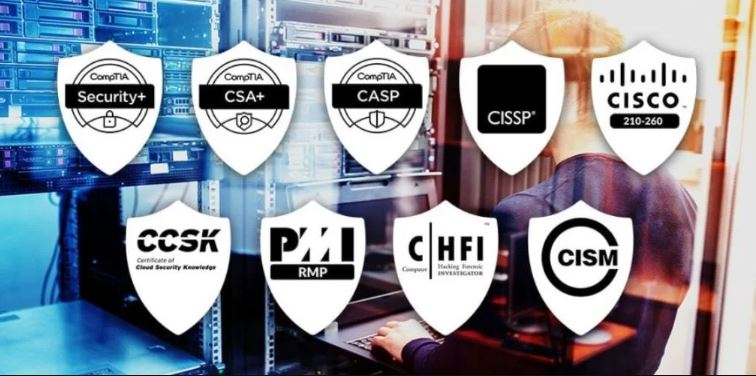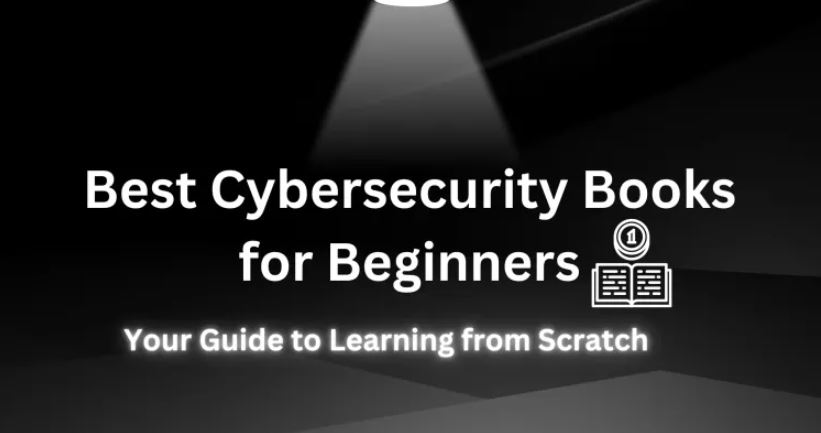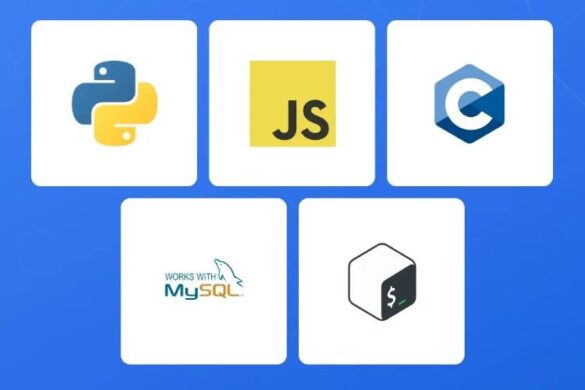The demand for cybersecurity professionals has never been higher. With cyber threats becoming more advanced, organizations worldwide are seeking skilled individuals who can protect their systems and data. Ethical hacking courses for beginners provide the foundation for anyone looking to enter this field. In this detailed guide, we’ll cover what ethical hacking is, why it’s important, the benefits of taking a course, and how to choose the best training path for your career.
What is Ethical Hacking?
Definition of Ethical Hacking
Ethical hacking, also known as penetration testing or white-hat hacking, is the practice of testing systems, networks, and applications to identify security vulnerabilities before malicious hackers exploit them.
Purpose of Ethical Hacking
The main goal of ethical hacking is to enhance cybersecurity by simulating real-world attacks in a controlled and legal manner.
Why Should Beginners Learn Ethical Hacking?
Growing Demand in Cybersecurity
The cybersecurity industry is projected to grow rapidly in the coming years. Organizations need skilled ethical hackers to secure sensitive data.
High-Paying Career Opportunities
Ethical hacking is one of the most lucrative career paths in IT, with high-paying job roles like penetration tester, security analyst, and cybersecurity consultant.
Skill Development
Learning ethical hacking improves problem-solving, analytical thinking, and a deep understanding of how digital systems work.
Essential Skills for Ethical Hackers
Technical Skills
-
Networking fundamentals (TCP/IP, firewalls, VPNs)
-
Operating systems (Windows, Linux, macOS)
-
Programming languages (Python, C, Java, PHP)
-
Web technologies (HTML, JavaScript, databases)
Soft Skills
-
Critical thinking
-
Creativity
-
Communication skills for reporting vulnerabilities
Components of an Ethical Hacking Course for Beginners
Introduction to Cybersecurity
Courses start with the basics of cybersecurity concepts, including threats, vulnerabilities, and security controls.
Networking Basics
Understanding how networks function is crucial for identifying weaknesses.
System Hacking
Students learn how hackers break into systems and how to prevent it.
Web Application Security
Covers common attacks like SQL injection, XSS, and CSRF.
Tools and Frameworks
Hands-on training with tools like Wireshark, Nmap, Metasploit, and Burp Suite.
Legal and Ethical Aspects
Focus on the importance of laws, regulations, and professional responsibility.
Types of Ethical Hacking Courses for Beginners
Online Ethical Hacking Courses
Platforms like Udemy, Coursera, and Cybrary offer affordable beginner-friendly courses.
University Programs
Some universities provide cybersecurity degrees with ethical hacking modules.
Bootcamps
Intensive training programs designed to prepare learners for certifications quickly.
Free Resources
Open-source tutorials, YouTube channels, and community-driven forums.
Best Ethical Hacking Certifications for Beginners
CEH (Certified Ethical Hacker)
One of the most recognized certifications covering a wide range of hacking techniques.
CompTIA Security+
A foundational certification ideal for beginners in cybersecurity.
OSCP (Offensive Security Certified Professional)
More advanced, but highly respected among cybersecurity professionals.

Choosing the Right Ethical Hacking Course
Factors to Consider
-
Course content and curriculum depth
-
Hands-on labs and simulations
-
Instructor expertise
-
Community support
-
Cost and certification value
Beginner-Friendly Recommendations
-
“Ethical Hacking for Beginners” (Udemy)
-
“Introduction to Cybersecurity” (Coursera by Cisco)
-
“Penetration Testing and Ethical Hacking” (Cybrary)
Career Path After Completing an Ethical Hacking Course
Entry-Level Roles
-
Security Analyst
-
Junior Penetration Tester
-
IT Support with Security Focus
Advanced Roles
-
Senior Penetration Tester
-
Security Consultant
-
Cybersecurity Manager
Salary Expectations
Beginners can earn between $50,000–$75,000 annually, while experienced professionals can exceed $120,000 per year.
Practical Tips for Beginners in Ethical Hacking
Build a Home Lab
Use virtual machines to practice hacking techniques safely.
Stay Updated
Follow cybersecurity blogs, news, and research papers.
Join Communities
Engage in forums like HackTheBox, TryHackMe, and Reddit communities.
Practice with CTFs (Capture the Flag)
These challenges simulate real hacking scenarios to improve skills.
The Future of Ethical Hacking
Increasing Cyber Threats
As technology evolves, new security risks emerge, making ethical hackers indispensable.
AI and Automation
Future courses will likely integrate AI-driven penetration testing.
Expanding Opportunities
Ethical hacking will continue to be a critical skill across industries, from finance to healthcare.
Conclusion
An ethical hacking course for beginners is the first step toward an exciting and rewarding cybersecurity career. By learning the fundamentals of networking, systems, and security tools, beginners can build a solid foundation. With the right training, certifications, and practice, anyone can transition into a professional ethical hacker role.
Whether you choose an online course, certification, or hands-on bootcamp, the key is consistency and continuous learning.





